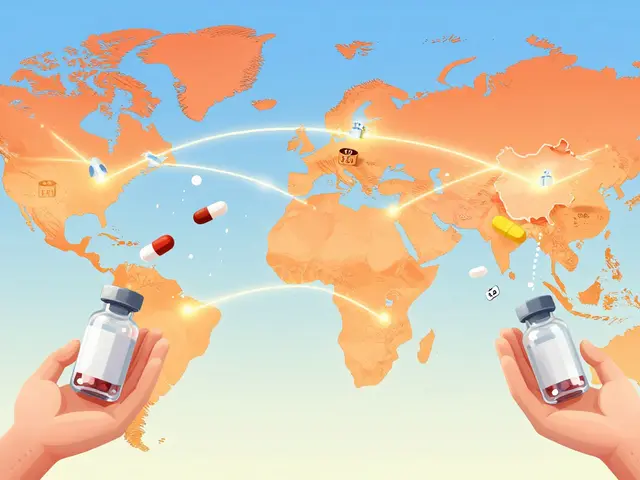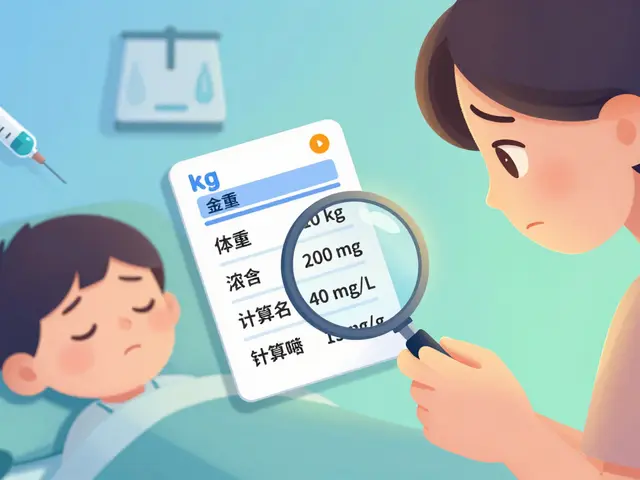Child Protection: Safe Medicine Use, Online Pharmacy Tips & Storage
Accidental medicine exposure is a real danger for kids. A few simple habits at home and smart choices when buying drugs online cut that risk a lot. This page gives clear, practical steps you can use right now to keep children safe around medications and to spot unsafe online pharmacies.
Start at home. Store all pills, liquids, and supplements in a locked cabinet or a sturdy lockbox out of sight and reach. Keep meds in their original containers so labels and dosing instructions stay with them. Use child-resistant caps, but remember those aren’t foolproof — older kids can still get into them. Make a rule: no medicine-sharing, no tasting, and never call meds "candy". Put purses, backpacks and visitor medicines up high too; most accidental poisonings happen when an adult’s bag or a visitor’s pill bottle is left within reach.
Safe storage and everyday rules
Use a dosing syringe or marked spoon for liquid meds—never guess doses. Keep the local poison control number by your phone (in the US it's 1-800-222-1222) and program emergency contacts into your phone. When you finish a medication, dispose of it safely: many pharmacies offer take-back programs, or mix pills with coffee grounds and put them in a sealed bag before tossing in the trash if no take-back is available. Teach older kids basic rules about medicine and check on them rather than assuming they remember.
Some drugs are especially risky for children: sedatives, opioids, ADHD meds, and certain sleeping pills can cause serious harm in small doses. If you or a family member takes these, consider a separate locked container and talk to your doctor about safer storage and disposal.
Buying meds online—what to check
Online pharmacies can be convenient, but they vary wildly. Never buy prescription-only meds without a real prescription. Check for clear contact info, a licensed pharmacist you can talk to, and visible pharmacy license numbers. Look for accreditation seals from recognized bodies (for example, NABP/VIPPS in the US). Beware of sites that sell controlled or sedative drugs without asking for a prescription—those are red flags.
Watch prices that look too good to be true, vague product descriptions, or sites that only accept odd payment methods. Read recent reviews and search the site name plus words like “scam” or “complaint.” For kids’ medicines, prefer reputable chains or well-known mail-order pharmacies that provide tracking, tamper-evident packaging, and clear returns policies. If in doubt, call your local pharmacist or pediatrician before ordering.
Finally, if you face a pregnancy diagnosis like spina bifida or need advice about medicines during pregnancy or for a child, get both medical and emotional support. Talk to specialists, join support groups, and use trusted resources when researching treatments. Protecting children starts with smart medication habits at home and careful choices online.
Bullying can be a persistent issue for children with autism. This article delves into effective strategies to protect and support your child, offering practical tips for parents. Understanding the unique challenges faced by autistic children is key to ensuring their well-being and promoting a safe environment.



